Research associate
| Phone: | +49 351 46331449 |
| Room: | HAL 107 |
| Group: | computational materials science and theoretical nanophysics |
|
Download contact:
|
Leonardo Medrano Sandonas got his bachelor's and master’s degree in Physics at the National University of San Marcos in Lima-Peru. Then, he moved to Germany, and, in 2018, he got his doctor degree in Mechanical Engineering at the Technical University of Dresden as an IMPRS fellow (International Max Planck Research School), under the supervision of Prof. Gianaurelio Cuniberti. There, he primarily worked on the computational modeling of thermal and electron transport properties of low-dimensional materials. In 2019, he moved to Luxembourg and started a postdoctoral position in the group of Prof. Alexandre Tkatchenko at the University of Luxembourg. His research was focused on combining machine learning methods with quantum/statistical mechanics to develop physics-inspired neural network potentials for studying drug-protein interactions as well as frameworks for computer-aided molecular design. In addition to his theoretical investigations, Leonardo actively engages in multi-disciplinary projects with experimental/industrial collaborators to address current challenges in Physics and Chemistry (see Google Scholar page). In February 2024, he rejoined the Chair of Prof. Cuniberti as a research scientist, and he plans to work on the development of novel methodologies that leverage machine learning techniques for a fast and accurate investigation of physicochemical properties of (in)organic materials.
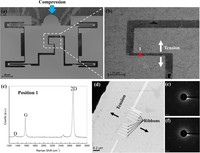

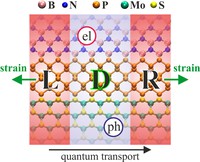



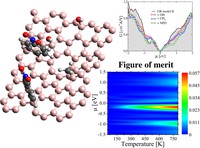

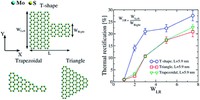

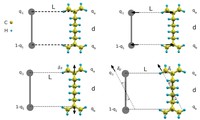

Research associate
| Phone: | +49 351 46331449 |
| Room: | HAL 107 |
| Group: | computational materials science and theoretical nanophysics |
|
Download contact:
|
Leonardo Medrano Sandonas got his bachelor's and master’s degree in Physics at the National University of San Marcos in Lima-Peru. Then, he moved to Germany, and, in 2018, he got his doctor degree in Mechanical Engineering at the Technical University of Dresden as an IMPRS fellow (International Max Planck Research School), under the supervision of Prof. Gianaurelio Cuniberti. There, he primarily worked on the computational modeling of thermal and electron transport properties of low-dimensional materials. In 2019, he moved to Luxembourg and started a postdoctoral position in the group of Prof. Alexandre Tkatchenko at the University of Luxembourg. His research was focused on combining machine learning methods with quantum/statistical mechanics to develop physics-inspired neural network potentials for studying drug-protein interactions as well as frameworks for computer-aided molecular design. In addition to his theoretical investigations, Leonardo actively engages in multi-disciplinary projects with experimental/industrial collaborators to address current challenges in Physics and Chemistry (see Google Scholar page). In February 2024, he rejoined the Chair of Prof. Cuniberti as a research scientist, and he plans to work on the development of novel methodologies that leverage machine learning techniques for a fast and accurate investigation of physicochemical properties of (in)organic materials.











